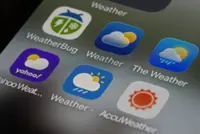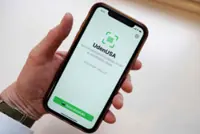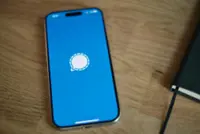It could soon be impossible to take screenshots of certain Android applications. — AFP Relaxnews
Taking a screenshot on your smartphone is no trivial matter. Depending on the case and the applications concerned, it can be subject to copyright or play a part in online harassment and piracy. Following in Apple’s footsteps, Google is now paving the way for app developers to restrict or even prevent users from taking screenshots.
According to 9to5Google, a forthcoming update to Android 14 could lead to the restriction of users’ ability to take screenshots. In fact, the operating system will reportedly allow apps to be able to detect when a user takes a screenshot.





